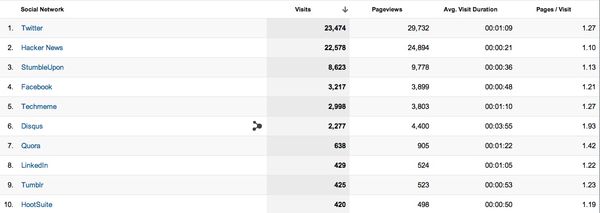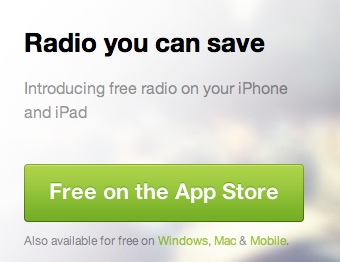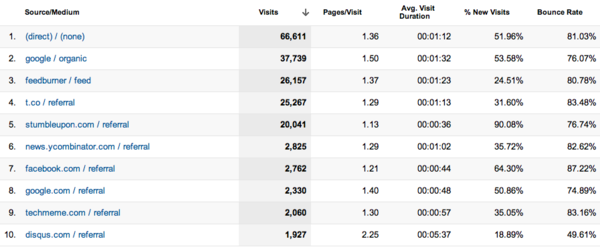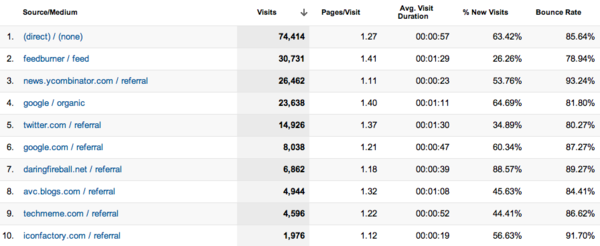Feature Friday: Privacy
The Gotham Gal and I went out with friends last night. As can happen, we got talking shop towards the end of the night. And specifically we were debating the significance of Snapchat. The debate was about whether the feature that makes Snapchat special (you know your photos won't end up on Facebook) is the basis for a standalone app and business. My view, having lived through this debate with Twitter and Foursquare, is that mobile apps are features in the mobile OS and that Snapchat can and likely will own this feature in the leading mobile operating systems even though institutionalized copycats (ie Facebook who copies everything) can and will copy it. The irony that Facebook has copied a feature that is specifically designed to avoid Facebook is precious in and of itself.
But I digress. The thing I want to talk about here is the emergence of privacy as the defining feature of the next breakaway app on the social internet. What does this mean for where we are and where we are going? Is open social out and closed private in?
At times like this, I like to talk to my kids and their friends. Here is a typical college aged woman I know. She uses Twitter, Instagram, Cinemagram, Foursquare, iMessage, and Snapchat. And Facebook too. She uses each of them for what they are good for. Each of them is on her home screen – one click and she is sharing something with someone. Each app offers a different graph – that she has curated specifically for that app – and each app offers a different type of engagement. If it is something silly that she wants to share with a friend but would be mortified if it ended up on Facebook, its Snapchat. If it is something she wants out there broadly, it is Twitter. If it is something she wants to share with a wide group of curated friends, it's Instagram. She has a private Instagram account so she controls who follows her there. She is a sophisticated user of social media. She was on Facebook in middle school and has grown up with this stuff. She knows how to use social media and she adopts whatever is useful to her. Snapchat is useful to her. Privacy is an important feature at times and she is happy to have an app with that as the central value proposition.
So that is my way of saying that I think privacy is an important feature and kudos to Snapchat for figuring that out. Further they invented a mode of engagement (the photos self destruct) that is new and novel. And the result is they are on the home screeen of millions of mobile phones and that number is growing by the day.
I expect we'll see a rash of copycats and other approaches to leveraging privacy as the central value proposition in the coming months. I am not sure that is the right thing to learn from this though. I think the right thing is to think about what other features are missing in the mobile OS and figure out the right mode of engagement to implement that feature. That is what Twitter did with status, Foursquare did with location, Instagram did with photo sharing, and Snapchat did with privacy. That got each of them on the home screen. Figure out what the next thing is.













